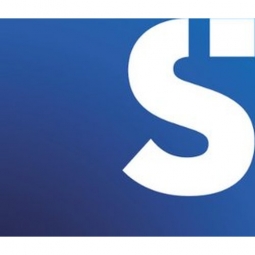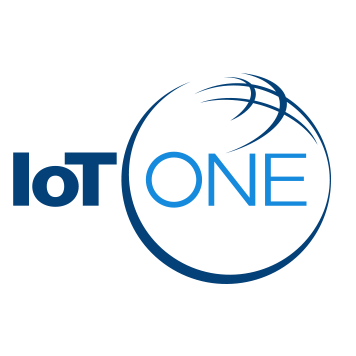Shippeo

Overview
|
HQ Location
France
|
Year Founded
2014
|
Company Type
Private
|
Revenue
< $10m
|
|
Employees
11 - 50
|
Website
|
Twitter Handle
|
Company Description
Shippeo helps leading Supply Chains leverage transportation to deliver exceptional customer service and achieve operational excellence. Its real-time transport visibility platform provides shippers, carriers and 4PLs instant Tracking of every delivery, and enables proactive communication with end customers. Founded in 2014, Shippeo tracks more than 40000 deliveries per month throughout Europe for market-leading companies such as Leroy Merlin, Saint-Gobain, and Faurecia, and connects to more than 600 carriers.
IoT Solutions
Predictive Visibility Platform
Shippeo's powerful Supply Chain visibility platform gives you instant access to predictive and real-time information for all your deliveries. Quickly and accurately anticipating problems helps you efficiently manage exceptions to mitigate their impact.
Shippeo's powerful Supply Chain visibility platform gives you instant access to predictive and real-time information for all your deliveries. Quickly and accurately anticipating problems helps you efficiently manage exceptions to mitigate their impact.
IoT Snapshot
Shippeo is a provider of Industrial IoT application infrastructure and middleware, and functional applications technologies, and also active in the automotive, consumer goods, retail, and transportation industries.
Technologies
Use Cases
Functional Areas
Industries
Services
Technology Stack
Shippeo’s Technology Stack maps Shippeo’s participation in the application infrastructure and middleware, and functional applications IoT Technology stack.
-
Devices Layer
-
Edge Layer
-
Cloud Layer
-
Application Layer
-
Supporting Technologies
Technological Capability:
None
Minor
Moderate
Strong

Supplier missing?
Start adding your own!
Register with your work email and create a new supplier profile for your business.







